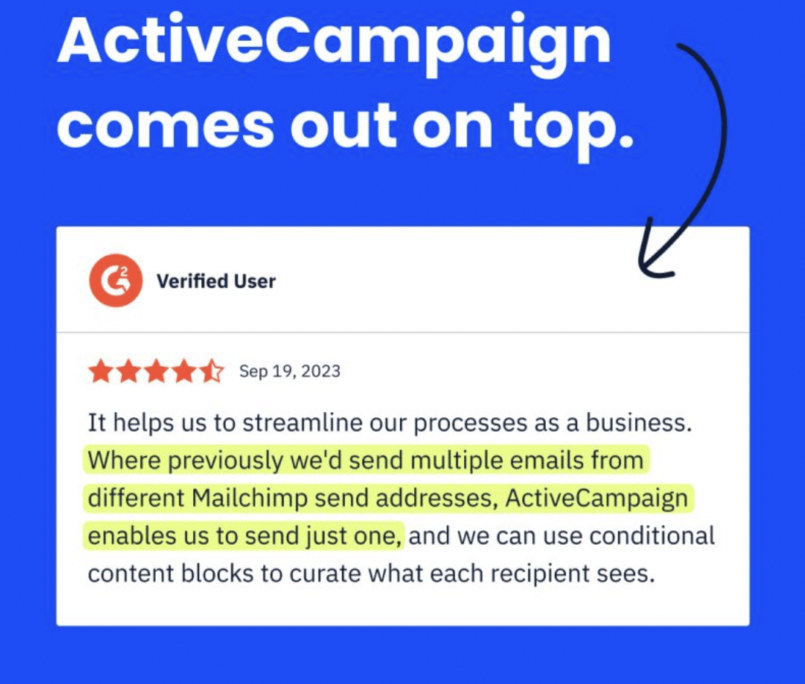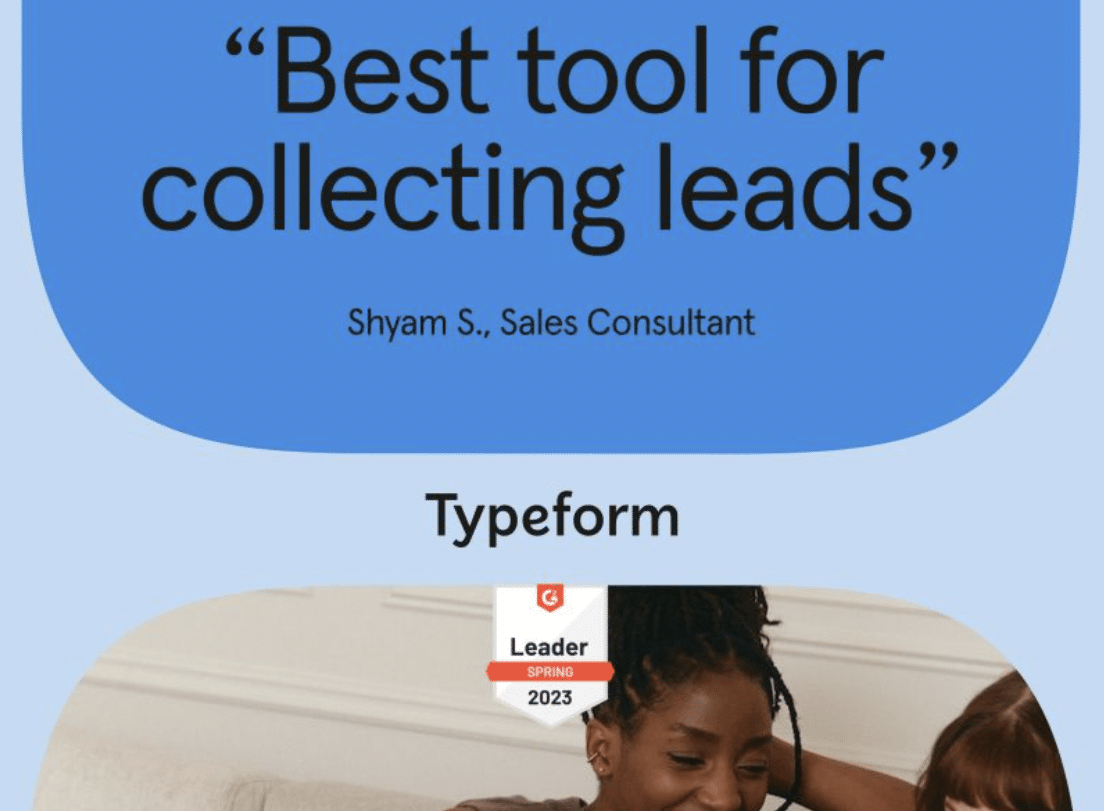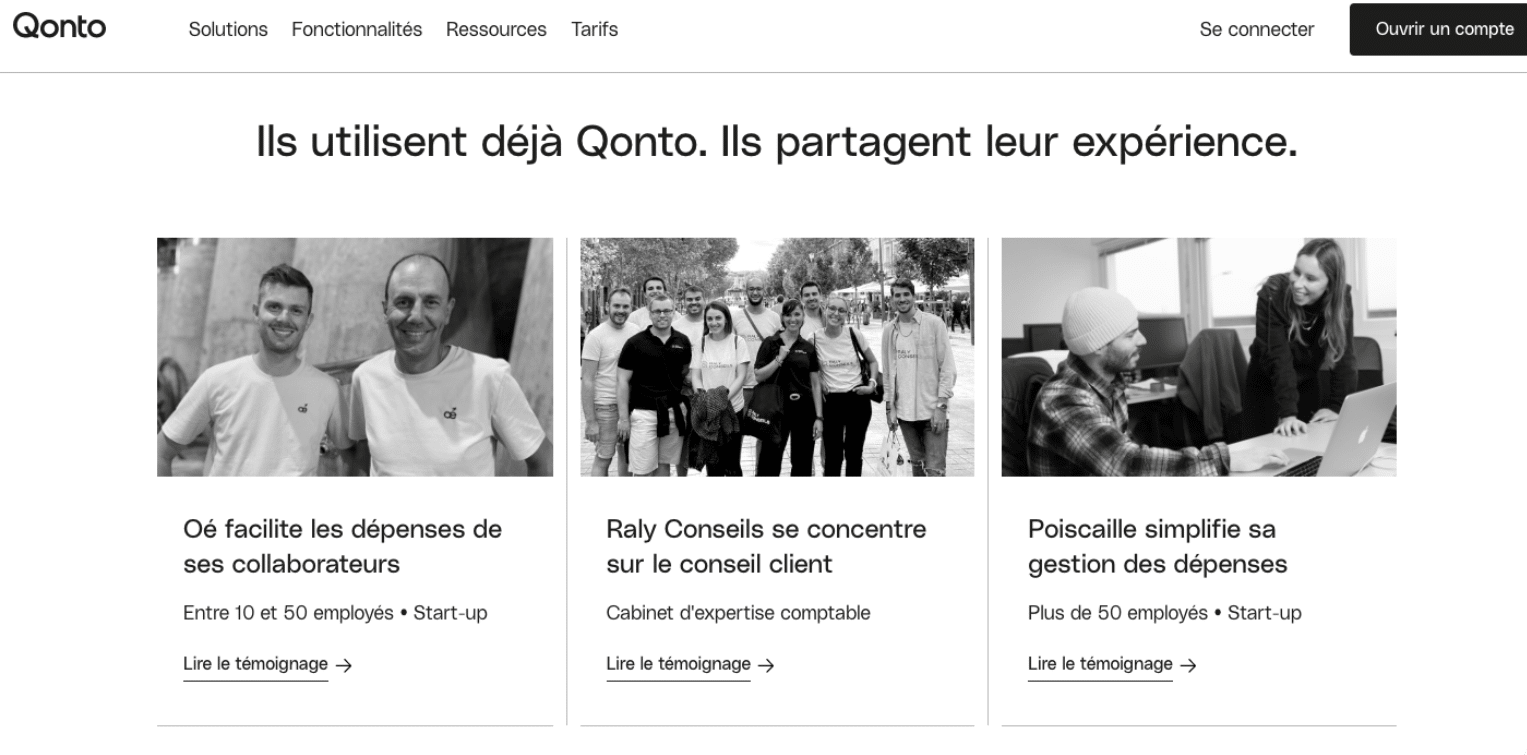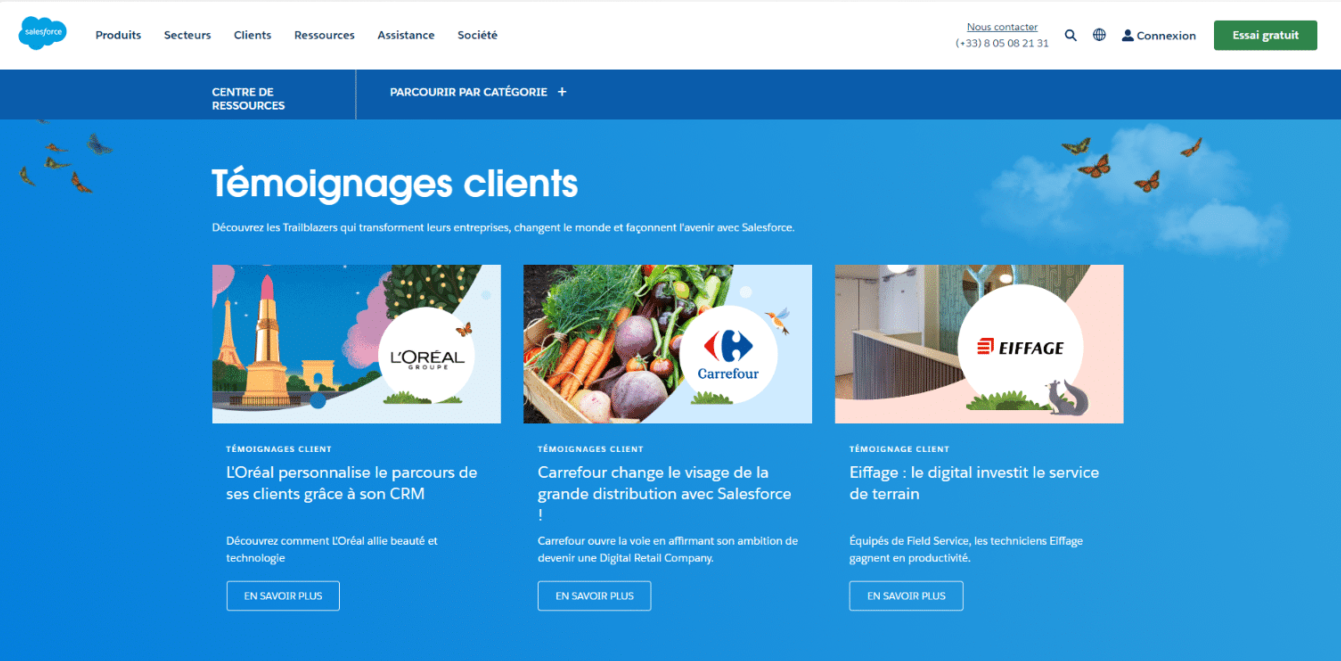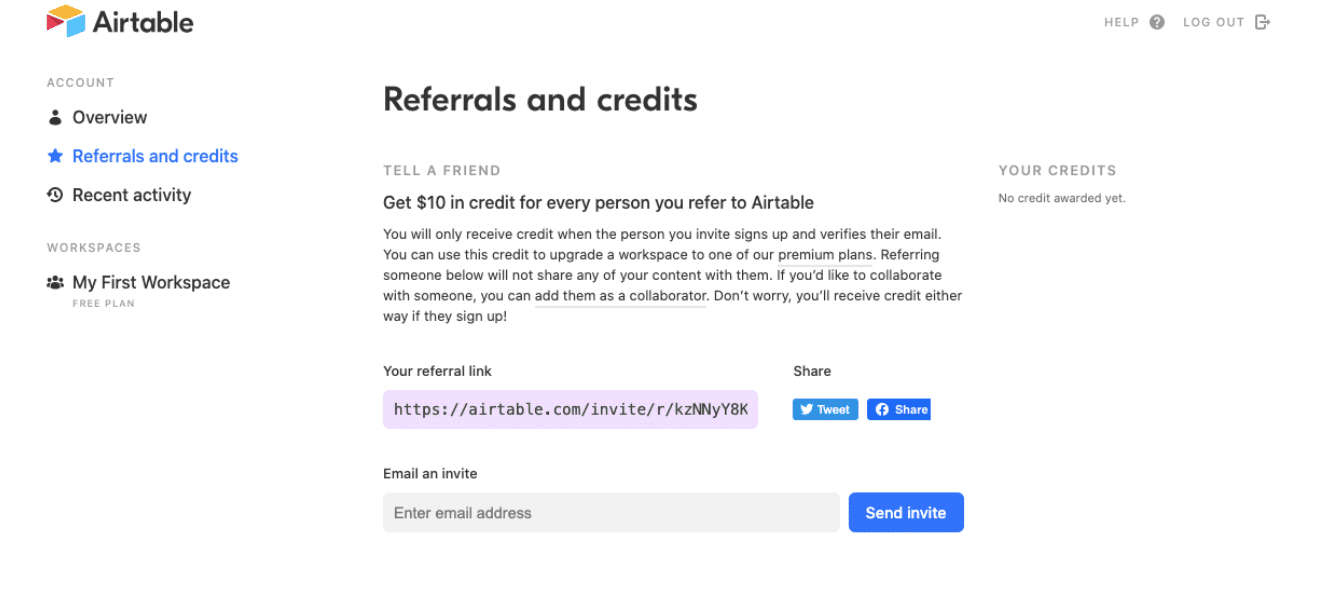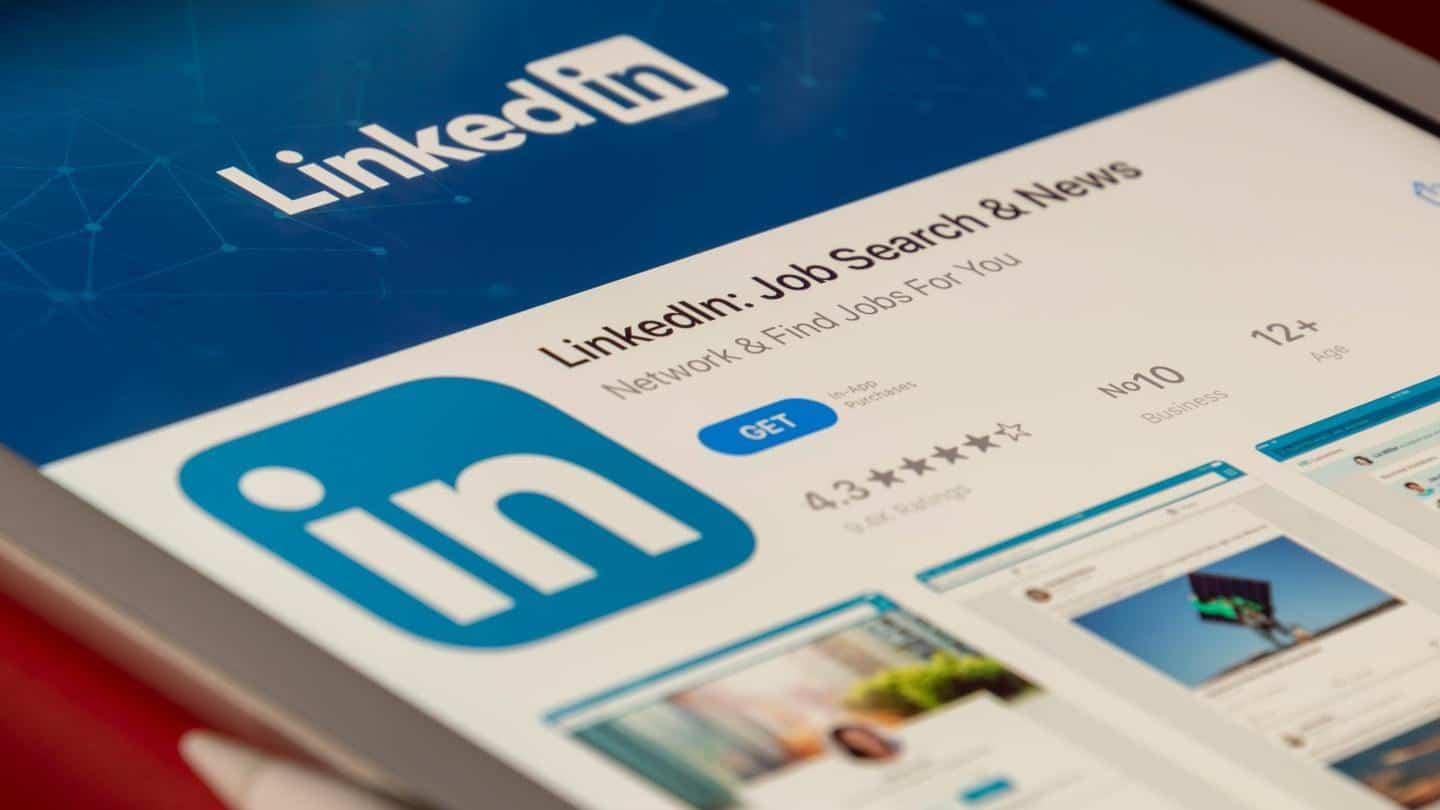Monkey see, monkey do
If you’re selling, social proof means showing that many people love what you’re offering. People just like your customers.
As a buyer, social proof lets you see yourself buying and enjoying the product. [Learn More]
Good social proof is believable and comes from people your customers can relate to.
In this article, I’ll share 5 ways social proof works in B2B sales.
Sommaire
#1 Customer testimonials and reviews
Testimonials are powerful. They show that other businesses trust you and are happy.
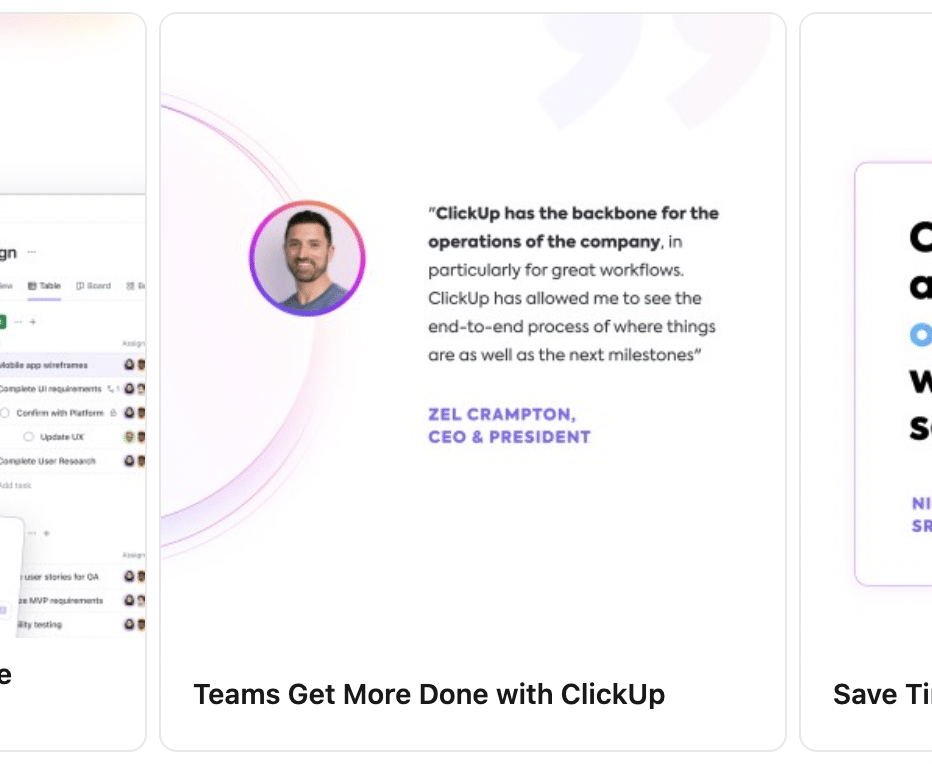
24% of B2B marketers say customer testimonials work best for social proof. They let customers say in their own words how great you are.
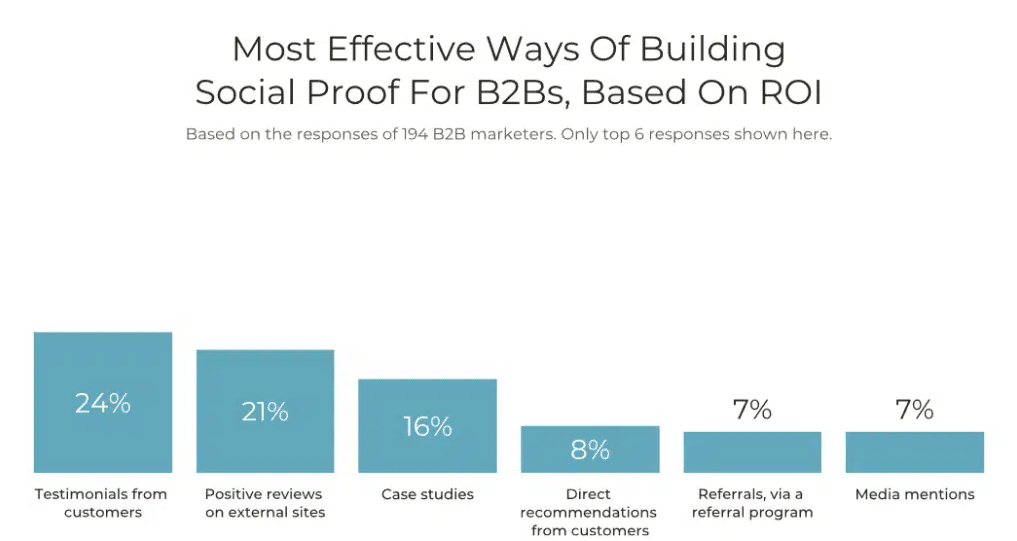
Next up are customer reviews. 21% of B2B marketers find them super effective for social proof, especially on external sites.
The goal? Make your brand more attractive, bring in more traffic, and give customers confidence.
How and where to show them off?
- External website: Positive reviews on review platforms mean more than on your own site. Mention these in your sales pitches.
- Website / landing page: Put logos of your happy customers on your site. It shows who trusts you.
- Social networks: Share testimonials on social media. Use images to make them stand out.
Always share the name and job title of the person giving the testimonial. It makes your proof even stronger.
- Top 10 Testimonial collection software for 2024
- 10 successful examples of testimonial advertising
- How to ask for testimonials, 6 case studies from companies getting results
#2 Case Studies
41% of B2B marketers use case studies as social proof. Why? Because they show real results from happy customers. ReferralRock says 16% of marketers find them the best for ROI.
Case studies tell a story. They let customers share their journey with your product. This grabs your prospects’ emotions and helps them see themselves succeeding like your customers.
Case studies show how your product solves problems. They mix real numbers, how-to’s, and stories. Take Qonto’s example. They sort case studies by company size and the problems they solve. This helps prospects know what to expect from you.

Use case studies on your website and social media. They’re great for sales talks and SEO too, bringing in more visitors with their engaging content.
But remember, you need to get your happy customers to agree to share their stories.
#3 Expert Mentions
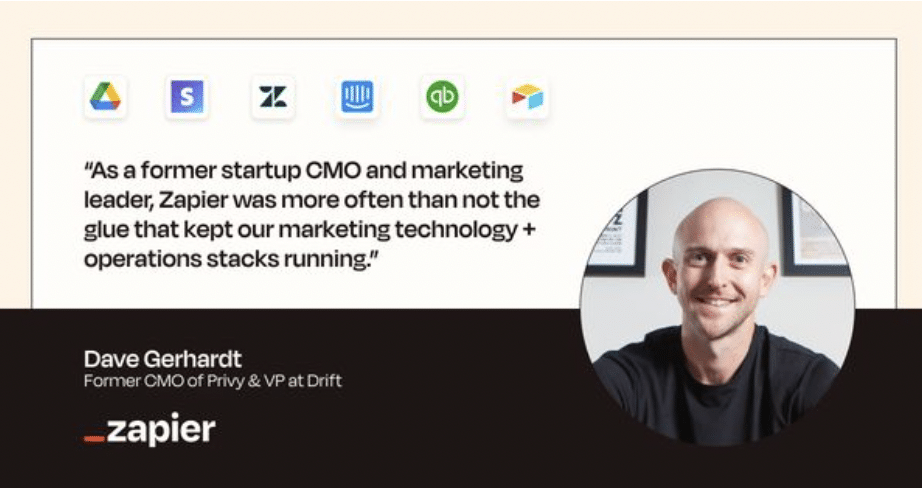
7% of marketers find expert mentions give the best ROI. When experts endorse you, it boosts your brand and attracts new customers. Their nod means your product’s top-notch.
Even just your name in an article or webinar adds trust.
Getting expert mentions takes work. Network on platforms like Twitter. Share your smarts in chats. [Learn More]
Create a killer newsletter about your field. Share what you know, like results from your tests. Get experts interested and they might start talking about you.
Join or host webinars, talks, or podcasts. The goal? Connect with experts. Impress them, and they’ll help spread the word about you.
Focus on the right experts. Keep your message clear and consistent.
#4 Customer Recommendations
Here’s a clear example: On the growthhacking.fr forum, a user was banned from LinkedIn. They blamed it on using too many automation tools. Another user, happy with HeyReach, suggested switching to their tool instead. It was the most clicked post in the thread, even though it didn’t solve the original problem. This shows how powerful social proof can be.
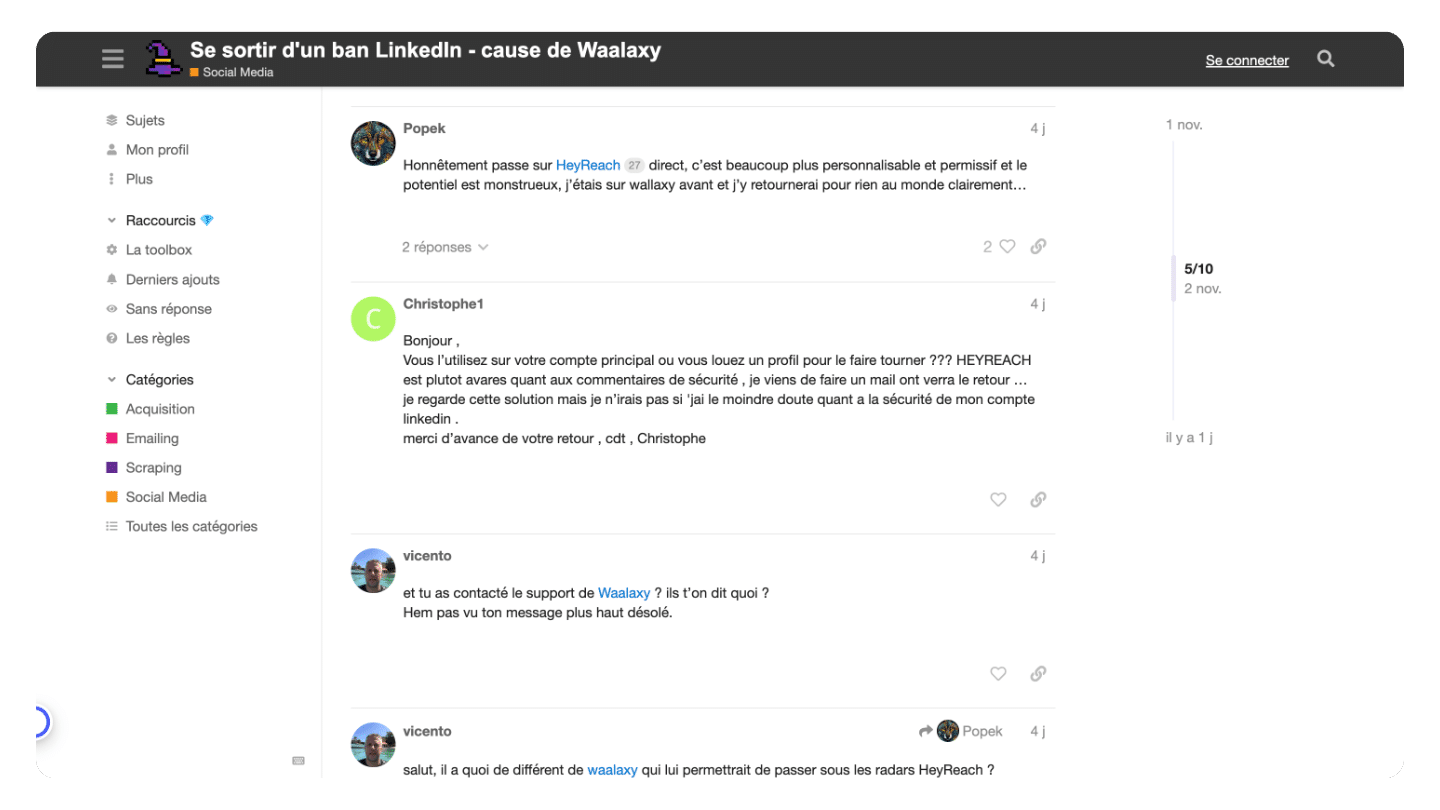
The goal? Build a community of loyal customers who’ll rave about your brand. This gets you more testimonials, reviews, and social media mentions.
Engage with your customers on social media or at events to build this community.
Focus on universal needs in your testimonials, so everyone can relate, even if they’re from small, unknown businesses.
#5 Referral Marketing or Loyalty Programs
Referral programs are all about word-of-mouth. You encourage your customers to recommend your products to others. Both the referrer and the new customer get rewards.
Your goal is to get customers to recommend you directly.
Use referral software. It makes the process easy, creates trackable links, and lets you pay bonuses fast. Plus, you can track your return on investment easily.
How do you get your social proof?
First, keep an eye on your online mentions. Record every positive comment.
#1 Segment & Ask Customers Directly
How to start? Here are some tips:
- Survey customers about their experience.
- Ask them to rate you on Google or social media.
- Reach out to happy reviewers for detailed testimonials or case studies.
- Ask permission to use their names and opinions on your site. Offer a backlink for extra visibility.
#2 Get Noticed by Market Experts
Find the right experts and connect with them. Share your company and product with them. Be consistent online. Try small paid partnerships and let them be creative.
#3 Display & Measure Your Social Proof
Use tools like reviewflowz.com to:
- Collect more customer feedback.
- Get more reviews on platforms like G2 or Capterra.
- Find and use reviews for sales proposals.
- Show reviews on your site or elsewhere.
Measuring social proof helps us see how well our marketing works and how it affects sales.
On social media, look at these:
- Likes
- Comments
- Retweets
- Followers
- How often your brand hashtags or keywords pop up
You can also track the number of good reviews, ad impressions, clicks, and new newsletter sign-ups. Compare these with your sales and new customer numbers.
For loyalty programs, use Google Analytics. It shows things like new vs. regular user traffic and sign-ups.
Always record your campaign’s performance before and after. This shows how social proof affects your goals.
- Check out The Inbound Marketing Guide.
- Explore 15 Lead Generation Strategies for 2023.
- Read about Sponsoring B2B Newsletters in Ouri Stopek’s Guide.

